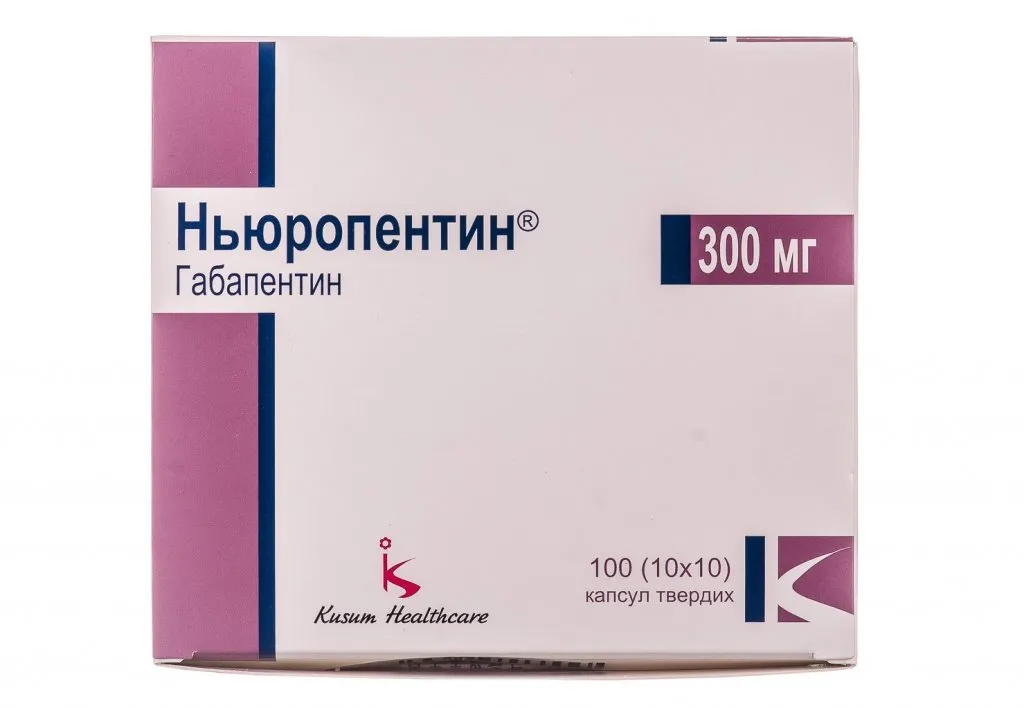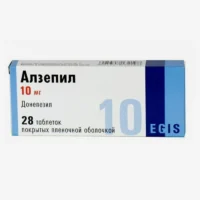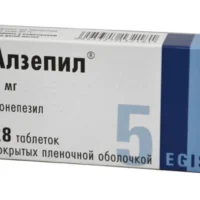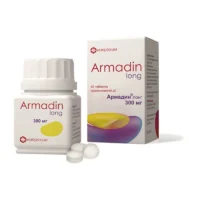Description
Newropentin (Gabapentin) Hard Capsules 300 mg. №100
Ingredients
- Each hard capsule contains 300 mg of Gabapentin.
Dosage
- The usual dose is 300-900 mg three times a day. Dosage may vary based on the condition being treated.
Indications
- Newropentin (Gabapentin) capsules are indicated for the management of neuropathic pain and as an adjunctive therapy for partial seizures.
Contraindications
- Do not use Newropentin if you are allergic to Gabapentin or any other ingredients in the capsules.
- Consult your doctor before starting this medication, especially if you have a history of kidney problems.
Directions
- Swallow the capsules whole with a full glass of water.
- Follow the dosage instructions provided by your healthcare provider.
Scientific Evidence
- Gabapentin, the active ingredient in Newropentin, has been extensively studied for its efficacy in managing neuropathic pain and seizures.
- Research published in the Journal of Pain Research has shown that Gabapentin can significantly reduce pain intensity and improve quality of life in patients with neuropathic pain.
Additional Information
- It is important to note that Gabapentin may cause dizziness and drowsiness.
- Avoid driving or operating heavy machinery until you know how this medication affects you.
- Inform your healthcare provider about all medications you are taking to avoid potential drug interactions.
Pharmacological Effects
- Gabapentin exerts its effects by modulating calcium channels in the nervous system, which helps in reducing abnormal electrical activity that contributes to seizures and neuropathic pain.
Clinical Trials
- Clinical trials have demonstrated the efficacy of Gabapentin in various neuropathic pain conditions, including diabetic neuropathy and postherpetic neuralgia.
- A study published in the European Journal of Pain reported significant pain relief with Gabapentin compared to a placebo.





